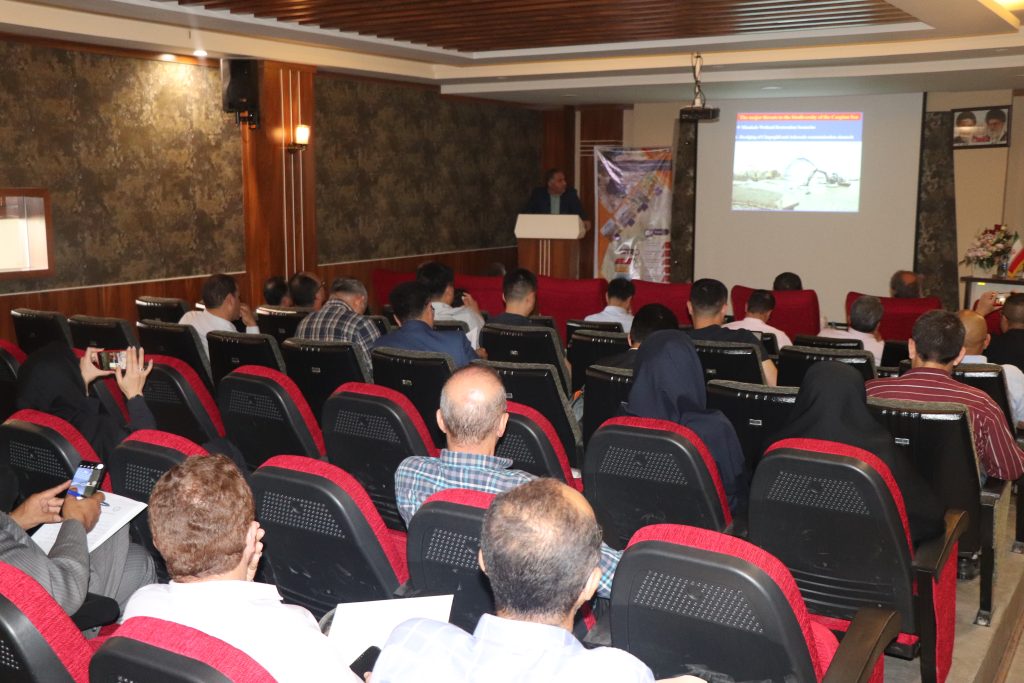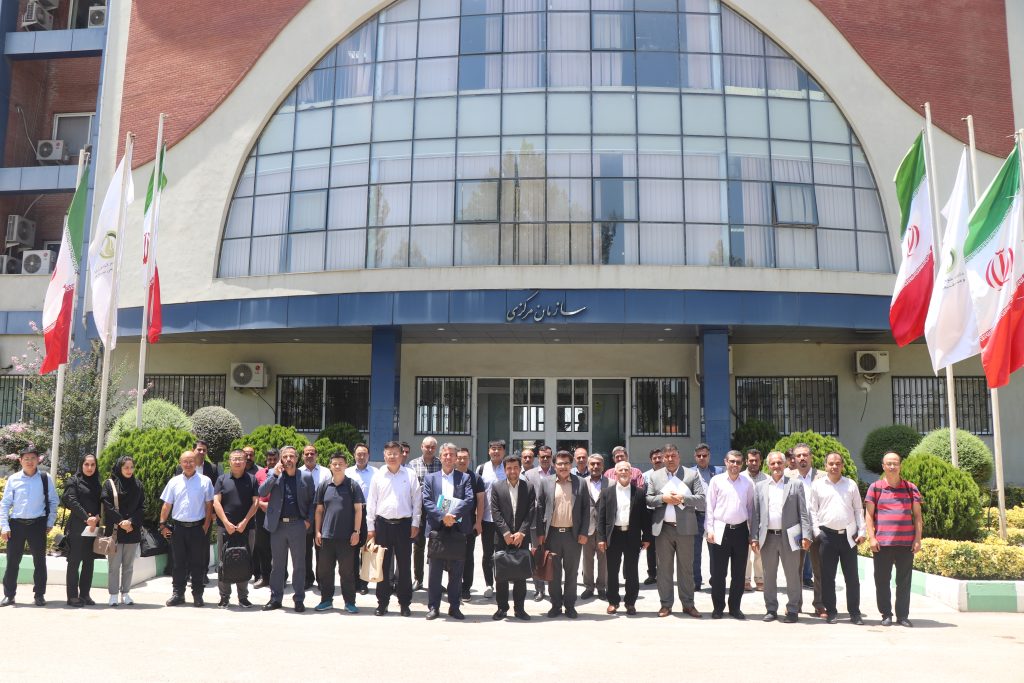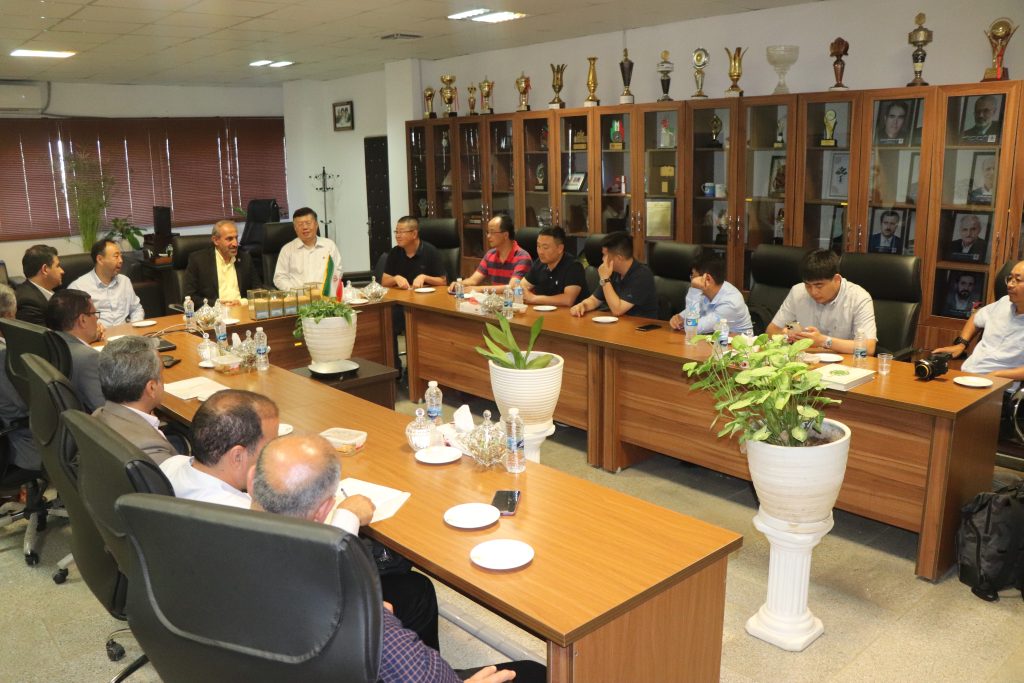The first international Workshop on the Caspian Sea Ecosystem was held at Sari Agricultural Sciences and Natural Resources University from July 4th to 12th,2023; with the discussion of the following topics:
- Changes in climate, land use and cover, and social economy
- The ecosystem biology, biodiversity, services, and conservation
- The eco-hydrological interactions, water use, and water management
- Natural hazards induced by climate change and anthropogenic activities
- The ecosystem observation, modeling, RS & GIS, and capacity building
- 6. The Integrated ecosystem management and regional sustainable development
Organizers
Sari Agricultural Sciences and Natural Resources University
Research Center for Ecology and Environment of Central Asia, Chinese Academy of Sciences
Xinjiang Institute of Ecology and Geography, Chinese Academy of Sciences
The Caspian Sea is recognized as the largest enclosed inland body of water worldwide, It came into existence around 11,000 years ago and is surrounded by five nations, including Russia, Kazakhstan, Turkmenistan, Iran, and Azerbaijan.
The increasing pressures of climate change and human activities have raised substantial concerns among the scientific communities and the surrounding countries regarding the Caspian Sea’s hydrological, ecological, environmental, social, economic, touristic, and geological values.
The Caspian Sea region is experiencing changes in climate, e.g., precipitation patterns, with some areas becoming drier and others becoming wetter. This is affecting agriculture and water resources in the region, which is having a significant impact on local economies; the increasing temperatures, which is affecting the region’s ecology. For example, warmer temperatures are causing changes in the timing of fish spawning, which has a significant impact on the local fishing industry; and the more extreme weather events, such as droughts and floods. This is having a significant impact on local communities and ecosystems and is increasing the risk of natural disasters in the region.
The fast development of population and economy in the Caspian Sea region has put a strain on natural resources such as water, land, and ecosystems. This is particularly true in areas where agriculture is a major industry, as increased demand for land and water has led to the overuse and depletion of these resources. The population growth in the Caspian Sea region has led to increasing urbanization, which has brought its own set of challenges. This includes the need for infrastructure and housing and issues related to pollution and congestion in urban areas. The growing population in the Caspian Sea region has also led to environmental degradation, including deforestation, soil erosion, and pollution of the Caspian Sea itself, and the ever-increasing water scarcity and regional water conflicts. This is having a significant impact on the region’s ecosystems and biodiversity.
Considering the escalating concerns among scientific communities and surrounding nations about the Caspian Sea’s ecological, hydrological, environmental, social, economic, touristic, and geological values, the Chinese Academy of Sciences (CAS) and Iran Ministry of Science, Research and Technology (MSRT) jointly established the “International Research Center for Caspian Sea Ecosystem (IRCCE)” in 2021. The IRCCE aims to foster collaborative research on the Caspian Sea ecosystem’s challenges across various spatial and temporal scales and disciplinary boundaries by international scientists.





